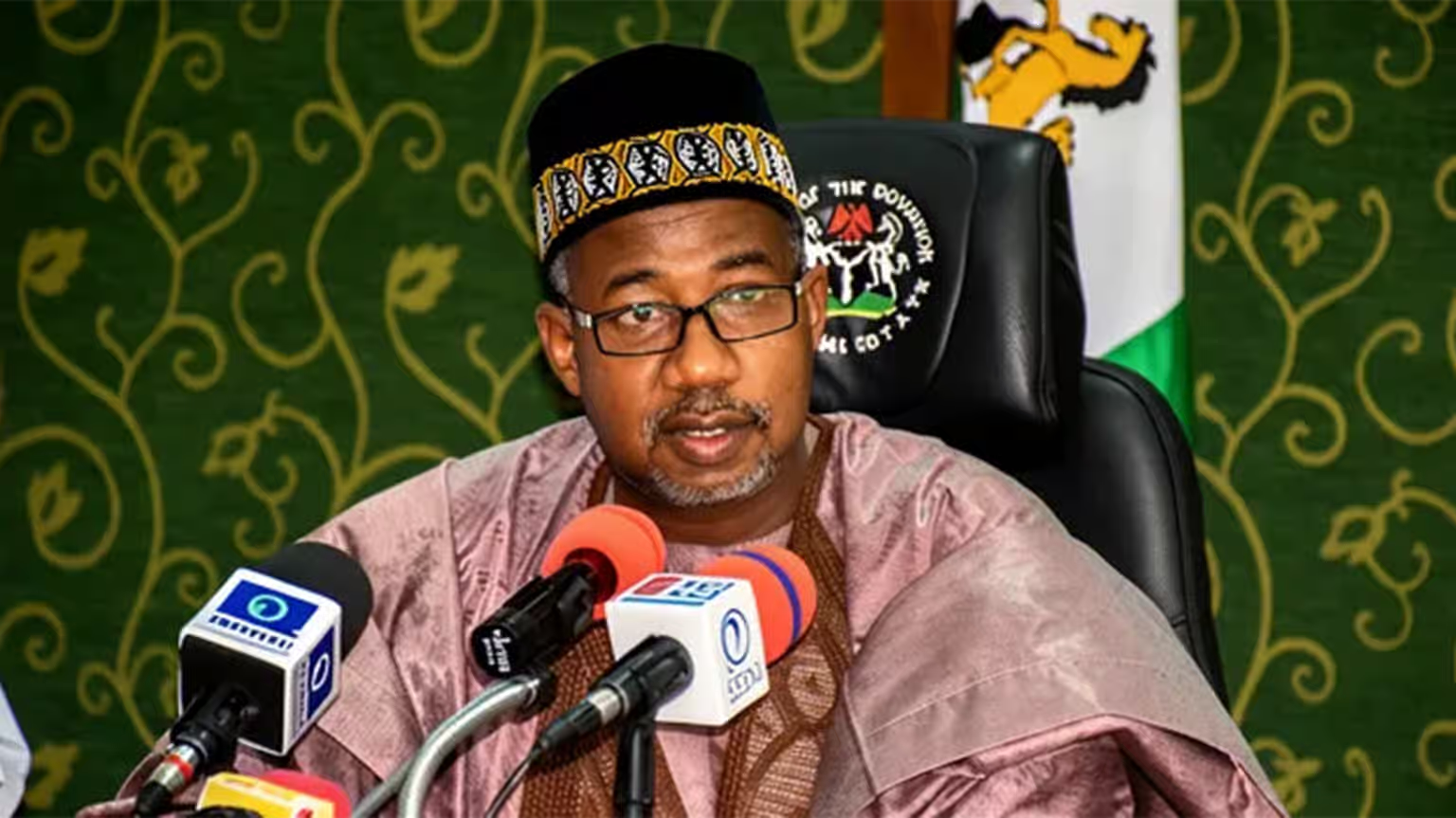The Economic and Financial Crimes Commission (EFCC) has dismissed as wild and far-fetched allegations by Bauchi State Governor, Bala Mohammed, that political opponents are using the anti-graft agency to persecute him and some officials of his administration.
In a statement issued on Friday, the Commission said it viewed with great displeasure claims that it was acting at the behest of the Minister of the Federal Capital Territory, Nyesom Wike, or any other political office holder.
The EFCC stressed that it is an independent, non-partisan agency established to fight economic and financial crimes and discharges its statutory mandate without affection or ill will.
“The attempt to portray the EFCC as a pliable agency that panders to the demands of certain political interests is mischievous and condemnable,” the statement said.
The Commission described as derogatory the governor’s suggestion that its activities in Bauchi State were influenced by Mr. Wike, insisting that no political office holder has the capacity to direct or influence its investigative processes.
The EFCC further noted that Governor Mohammed was already standing trial for alleged money laundering before he was elected governor in 2019, adding that only the constitutional immunity attached to his office stalled the case.
“If Bala Mohammed wants to be honest, he would have revealed to Nigerians that he was standing trial for money laundering at the time he won election as governor of Bauchi State,” the Commission said, asking who influenced its investigation and prosecution of the governor as far back as 2016.
On the ongoing prosecution of some Bauchi State officials, the EFCC said the facts of the case are already before the court and available to the public, stressing that the charges were the outcome of painstaking investigations, not a political vendetta.
It added that Governor Mohammed was mentioned in the charge because he was the approving authority in the transactions under investigation.
Reacting to allegations relating to terrorism financing, the Commission said it merely enforces existing laws and would be failing in its duty if it ignored offences punishable under extant legislation.
The EFCC also accused politicians of double standards, noting that allegations of persecution often arise only when opposition figures are investigated, while similar actions against members of the ruling party attract no such outcry.
“Public accountability should be the priority of politicians of all persuasions,” the Commission said, citing the recent arraignment of a ranking member of the ruling party over alleged corruption without claims of persecution.
The statement was signed by the EFCC’s Head of Media and Publicity, Dele Oyewale, who advised Governor Mohammed to focus on governance in Bauchi State and allow the EFCC to concentrate on its mandate of sanitising Nigeria’s financial system.
In this article
